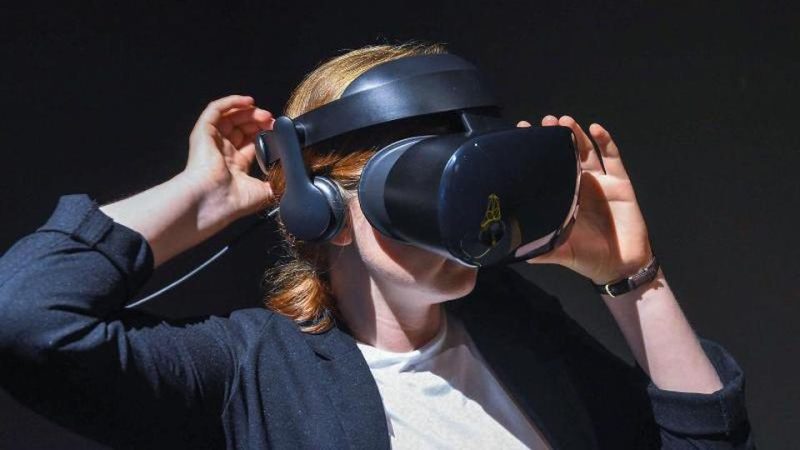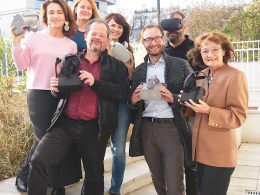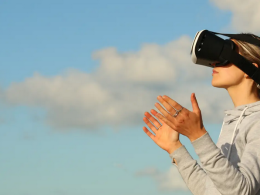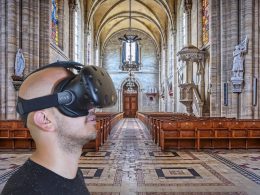In an experiment, most participants attributed greater entertainment value to virtual elements in the museum than to conventional forms of presentation. Surprisingly, however, VR elicited less sympathy. This is the conclusion of the German Emigration Centre in Bremerhaven after a test phase with VR.
Analogue and virtual realities in comparison
The majority of participants believe that the virtual elements are more entertaining. However, "museum objects generate more empathy for historical figures than virtual reality applications", said museum director Simone Eick. The latter therefore somewhat contradicts the Study of the International School of Management, which showed in connection with NGOs that VR triggers empathy.









